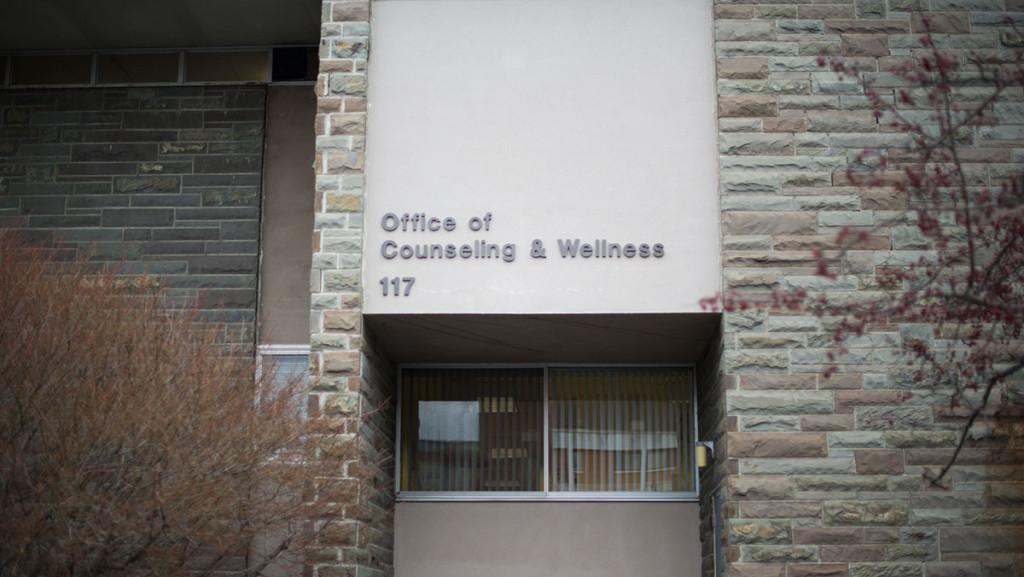Editor’s Note: On April 8, The Ithacan published a commentary from President Tom Rochon and Linda Petrosino, provost and vice president for educational affairs in response to the controversy surrounding CAPS’ request for additional resources. On April 9, the student organized #GetCAPSReady campaign published a letter to Rochon and Petrosino on its Facebook page, responding to the arguments made in the commentary. Below is the letter in full.
Dear President Tom Rochon and Provost Linda Petrosino,
Three weeks ago, The Ithacan reported that a funding request for an additional CAPS staff member had been denied. The frustration was felt across campus; it was clear that students and faculty were strongly in support of CAPS and furthering its capacity to provide services.
The #getCAPSready campaign was developed because we saw that frustration and wanted to turn it into campus-wide awareness and action. We would like to thank everyone who helped support CAPS through their involvement with #getCAPSready. More importantly, we would like to assure these supporters that our work will not end until change is made.
We appreciate that you have responded to our concerns with an Op-Ed this week. It is clear that students’ concerns have not fallen on deaf ears. However, your response is not the change that this campus community has asked for.
CAPS requested funding for a ninth counselor because it determined that this was best solution to meet student need. The funding request was not made lightly or without consideration of alternatives or budgetary concerns. When an issue is as immediate as student mental health, it seems harmful to spend more time considering alternatives to a request that was already carefully considered.
You note that there are numerous other sources of mental health assistance for students in need, including Residential Life, Assisting Students at Risks, Pathways, and Public Safety. While your point is understood, we emphasize that the important training that resident assistants, public safety officers, professors and students receive does not equip them to provide counseling services. You acknowledge this in your op-ed, referring to “the counseling services that only those clinicians [the CAPS counselors] can provide.” The fact that you make this distinction yet point to other services as evidence of IC’s ability to meet student need seems contradictory.
In your description of a plan to assess CAPS, there is no mention of student involvement. We strongly feel that the student voice is essential to this conversation, and urge you to include student needs and concerns throughout any decision-making process
The voice of #getCAPSready has always been and will continue to be the voice of the campus community as a whole. We encourage students to continue sharing their stories, making their voices heard, and having the conversation about mental health. This movement belongs to all of us: we all have mental health.
We are hopeful that action that fully meets student need can be quickly taken and that we will be granted the opportunity to participate in this crucial change.
Sincerely,
#getCAPSready














